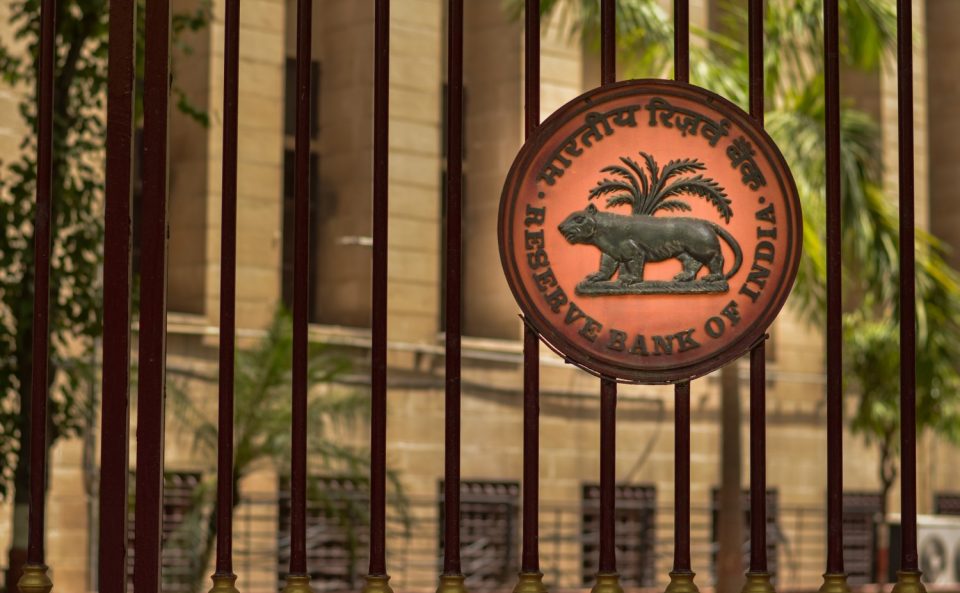The Big Thing Holding Back India’s Crypto Boom – CoinDesk
Until recently, India’s crypto industry had much reason for optimism. In March, the country’s Supreme Court overturned a ban on banks working with exchanges, clearing a major hurdle. Then the coronavirus pandemic seemed to improve the business case for digital currency, with several exchanges reporting steep growth in users.
Now, uncertainty is back. The government may be about to ban crypto altogether, according to media reports, and India’s central bank has been unhelpfully unclear about its guidelines for commercial banks. There are dozens of unanswered questions, and startups are back to asking, ”What’s next?”
The uncertainty is hard for crypto businesses such as the Sequoia-backed crypto exchange CoinSwitch. It launched an app on June 1 called CoinSwitch Kuber, and has signed up more than 100,000 users so far, CEO Ashish Singhal says. It is so simple to use, he says, that his 65-year-old mother is able to buy and sell bitcoin and check her portfolio.
Despite this, when trying to open a business account, he received a rejection from a private bank. ”We were in touch with the bank for many weeks and prepared the required documents, but it ended up with a ‘no,”’ he says.
The Reserve Bank of India (RBI) says there is no banking ban in place. It was forced to clarify the matter in response to a right-to-information request filed by Harish B.V., co-founder of the Unocoin exchange, on April 25. But Indian commercial banks are still waiting for further instructions from the central bank. A senior banker interviewed by The Economic Times said, ‘‘We will be guided by RBI’s directions on the matter and once we get clarity we will act appropriately. As banks, some of the concerns we had on cryptocurrencies were around security, use of money and traceability.”
Nischal Shetty, CEO of WazirX, an exchange acquired last year by Binance, blames a RBI edict issued in April 2018 that barred banks from facilitating any service in relation to virtual currencies. This communicated to the masses that crypto is a fraud, he says. He claims the trading volume of WazirX went up by 400% after the recent Supreme Court ruling, and that it could have been even better with clear guidelines from the RBI.
The Indian government has a history of banning what it doesn’t understand.
”Due to the lack of [banking] regulations, we aren’t able to make most of it in the booming time of crypto,” he says.
To spread crypto awareness in India, Shetty began a Twitter campaign named #IndiaWantsCrypto. He starts his day composing a Tweet on crypto each morning. A similar awareness program called DCX Learn has been launched by CoinDCX, another leading crypto exchange. It had 10 times its normal number of user sign-ups in the Q1 of 2020, leading CEO Sumit Gupta to start an online educational platform dedicated to blockchain and cryptocurrencies on June 16.
Indian crypto has seen strong volume from women traders and youngsters from tier-2 or -3 cities. Singhal claims that as per the current data, 52% of the trades are made by women on CoinSwitch, and the youngsters from small towns are curious to know about alternates to the stock market and mutual funds.
Shetty says many women support his #indiawantscrypto campaign and ask questions about his startup. That was not the case three or four months ago. For example, social media influencer Akanksha Redhu has supported the campaign and helped escalate it in the conversation. The number of users from small towns has increased 155.5% in the past three months, he adds.
India leads in other areas of software and IT development but it lacks leadership in blockchain and cryptos. Crypto pros fear the lack of regulations would lead to scams and fraud, and they might have to face a blanket ban ultimately, which would be a big jolt to new companies.
The trade body Internet and Mobile Association of India (IMAI), which represented the crypto industry before the Supreme Court, wants to be heard by RBI and the government and make the policy collaboratively. Shetty wants the central government to act more like the Telangana State government, which is fostering blockchain companies. ”In the last two years, only $3 to $5 million have been invested in the Indian crypto industry. If we are late movers, our country will lose innovation and won’t succeed,” Shetty says.
Sat Prakash Sharma, chief economist at the PHD Chamber of Commerce and Industry, says that for youngsters, crypto is a way to ”multiply money infinite times,” and is not something meant for the wider Indian population.
See also: Tanvi Ratna – The Dangerous Truth About India’s Cryptocurrency Verdict
Pankaj Jain, a New York-based Indian crypto investor, says officials show a lack of awareness about the potential of digital assets and blockchain tech. ‘‘The Indian government has a history of banning what it doesn’t understand,’’ he says. ‘‘Gas the building to kill a fly.’’
Singhal says the large unbanked population lives in India, and that is where the democratic setup of cryptos could bring people to the exchange. He gives an example of demonetization in 2016 (when Indians were asked to hand in 500- and 1,000-rupee notes), which encouraged Indians to use services like Paytm or Google Pay. Now many people hardly carry cash to pay bills or to buy movie tickets.
”We are waiting for our ‘demonetization moment’ when the RBI would give green signal to cryptos, and maybe after a decade, we won’t be discussing digital currencies,” Singhal says.
Disclosure
The leader in blockchain news, CoinDesk is a media outlet that strives for the highest journalistic standards and abides by a strict set of editorial policies. CoinDesk is an independent operating subsidiary of Digital Currency Group, which invests in cryptocurrencies and blockchain startups.




